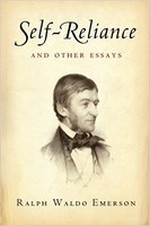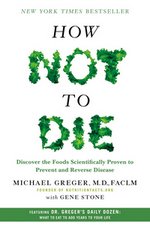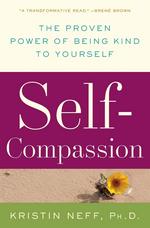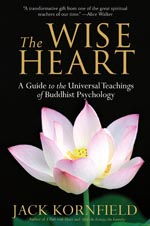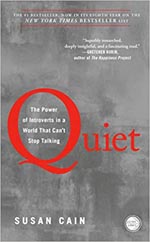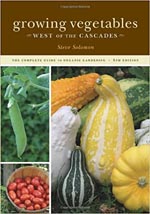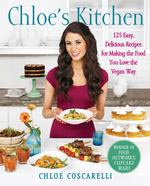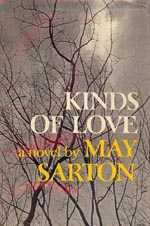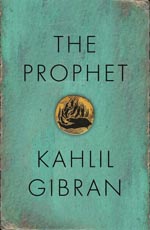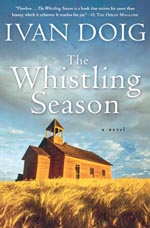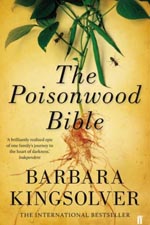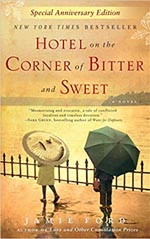My Favorite Books
Over the years I have belonged to several book clubs. I credit them with introducing me to the wonderful world of books that I probably wouldn’t have discovered on my own. My first book club I joined was in Coos Bay, OR. This was a wonderful group of women, most of whom have literary backgrounds. I’ve compiled a list of some of the books we’ve read over the years. I still keep up with the books, even though my attendance is only occasional living so far away.
After moving to North Plains, OR and starting a county Library in our town, I started a North Plains Library Book Club. We meet every month and enjoy a wide range of terrific books. You can check out the list of books we’ve read since we began in January 2008.
Last year I joined another book club in Portland called “Women of Vision and Change” that focuses on non-fiction books related to health, well-being, science, and current events. Here is a short list of the books I’ve read with them recently.
Of course, I have my favorite books that I’ve read many times and continue to enjoy and share with friends. Here are a few of them.
Non-Fiction
Self-Reliance by Ralph Waldo Emerson
Self-Reliance is Ralph Waldo Emerson’s compilation of many years’ works and the archetype for his transcendental philosophies. Emerson presupposes that the mind is initially subject to an unhappy conformism. Throughout the essay he gives a defense for his famous catch-phrase “Trust thyself”. This argument follows three major points: the self-contained genius, the disapproval of the world, and the value of self-worth.
How Not to Die: Discover the Foods Scientifically Proven to Prevent and Reverse Disease by Dr. Michael Greger
The vast majority of premature deaths can be prevented through simple changes in diet and lifestyle. In How Not to Die, Dr. Michael Greger, the internationally-renowned nutrition expert, physician, and founder of NutritionFacts.org, examines the fifteen top causes of premature death in America — heart disease, various cancers, diabetes, Parkinson’s, high blood pressure, and more — and explains how nutritional and lifestyle interventions can sometimes trump prescription pills and other pharmaceutical and surgical approaches, freeing us to live healthier lives.
Self-Compassion by Krisin Neff
The relentless search for high self-esteem has become a virtual religion; and a tyrannical one at that. Our competitive culture tells us we need to be special and above average to feel good about ourselves, but we can’t all be above average at the same time. There is always someone richer, more attractive, or successful than we are. And even when we do manage to feel self-esteem for one golden moment, we can’t hold on to it. Our sense of self-worth bounces around like a ping-pong ball, rising and falling in lock-step with our latest success or failure. Fortunately, there is an alternative to self-esteem that many psychologists believe is a better and more effective path to happiness: self-compassion.
The Wise Heart by Jack Kornfield
You have within you unlimited capacities for love, for joy, for communion with life, and for unshakable freedom-and here is how to awaken them. In The Wise Heart, one of the leading spiritual teachers of our time offers the most accessible and illuminating guide to Buddhism’s transformational psychology ever published in the West.
Quiet: The Power of Introverts in a World That Can’t Stop Talking by Susan Cain
At least one-third of the people we know are introverts. They are the ones who prefer listening to speaking; who innovate and create but dislike self-promotion; who favor working on their own over working in teams. It is to introverts—Rosa Parks, Chopin, Dr. Seuss, Steve Wozniak—that we owe many of the great contributions to society.
Growing Vegetables West of the Cascades by Steve Soloman
This is the bible of vegetable gardening for anyone turning the soil west of the Cascade Mountains-from Western British Columbia to Northern California. It includes the basics of soil, when best to plant, the art of composting, what varieties grow well here, which seed companies are reliable, information on handling pests, and an extensive section on the cultivation of each vegetable.
Chloe’s kitchen : 125 easy, delicious recipes for making the food you love the vegan way by Chloe Coscarelli
Classically trained Chef Chloe Coscarelli brings fun and energy to this healthful, animal-free cuisine by reinterpreting 125 of America’s favorite foods with great-tasting ingredients and clever techniques. Chef Chloe burst onto the culinary scene by winning the Food Network’s hit reality show Cupcake Wars—the first time a vegan chef captured the top prize—which delighted her many fans who had been loyally following her on chefchloe.com. The new face of vegan cooking, Chef Chloe is luring foodies of all stripes to try her ingenious, accessible recipes for delicious, vibrant, beautiful food.
Fiction Books
Kind of Love by May Sarton
Christina Chapman and her husband Cornelius, both past seventy, are “summer people”—people who come to rural New England for the summer months and go home to the city when the cold weather comes. This year, however, Christina and Cornelius have decided to stay on. May Sarton’s Willard is a small town in the rocky hills of New Hampshire, a place that attracts “the untameable, the wild, the gentle.” As Sarton takes us into the lives of the people who live there, we encounter a rich tapestry of characters and relationships. In the center are the deep, prickly friendship between Christina, an old Bostonian, and Ellen, the daughter of a farmer, and the unfolding process by which Christina and her husband “come into their own” in their marriage and become winter people at last.
The Prophet by Kahlil Gibran
The Prophet is a collection of poetic essays that are philosophical, spiritual, and, above all, inspirational. Gibran’s musings are divided into twenty-eight chapters covering such sprawling topics as love, marriage, children, giving, eating and drinking, work, joy and sorrow, housing, clothes, buying and selling, crime and punishment, laws, freedom, reason and passion, pain, self-knowledge, teaching, friendship, talking, time, good and evil, prayer, pleasure, beauty, religion, and death.
The Whistling Season by Ivan Doig
“Can’t cook but doesn’t bite.” So begins the newspaper ad offering the services of an “A-1 housekeeper, sound morals, exceptional disposition” that draws the hungry attention of widower Oliver Milliron in the fall of 1909. And so begins the unforgettable season that deposits the noncooking, nonbiting, ever-whistling Rose Llewellyn and her font-of-knowledge brother, Morris Morgan, in Marias Coulee along with a stampede of homesteaders drawn by the promise of the Big Ditch-a gargantuan irrigation project intended to make the Montana prairie bloom. When the schoolmarm runs off with an itinerant preacher, Morris is pressed into service, setting the stage for the “several kinds of education”-none of them of the textbook variety-Morris and Rose will bring to Oliver, his three sons, and the rambunctious students in the region’s one-room schoolhouse. A paean to a vanished way of life and the eccentric individuals and idiosyncratic institutions that made it fertile, The Whistling Season is Ivan Doig at his evocative best.
The Poisonwood Bible by Barbara Kingsolver
The Poisonwood Bible is a story told by the wife and four daughters of Nathan Price, a fierce, evangelical Baptist who takes his family and mission to the Belgian Congo in 1959. They carry with them everything they believe they will need from home, but soon find that all of it — from garden seeds to Scripture — is calamitously transformed on African soil. What follows is a suspenseful epic of one family’s tragic undoing and remarkable reconstruction over the course of three decades in postcolonial Africa.
Hotel on the Corner of Bitter and Sweet by Jamie Ford
In the opening pages of Jamie Ford’s stunning debut novel, Hotel on the Corner of Bitter and Sweet, Henry Lee comes upon a crowd gathered outside the Panama Hotel, once the gateway to Seattle’s Japantown. It has been boarded up for decades, but now the new owner has made an incredible discovery: the belongings of Japanese families, left when they were rounded up and sent to internment camps during World War II. As Henry looks on, the owner opens a Japanese parasol.

